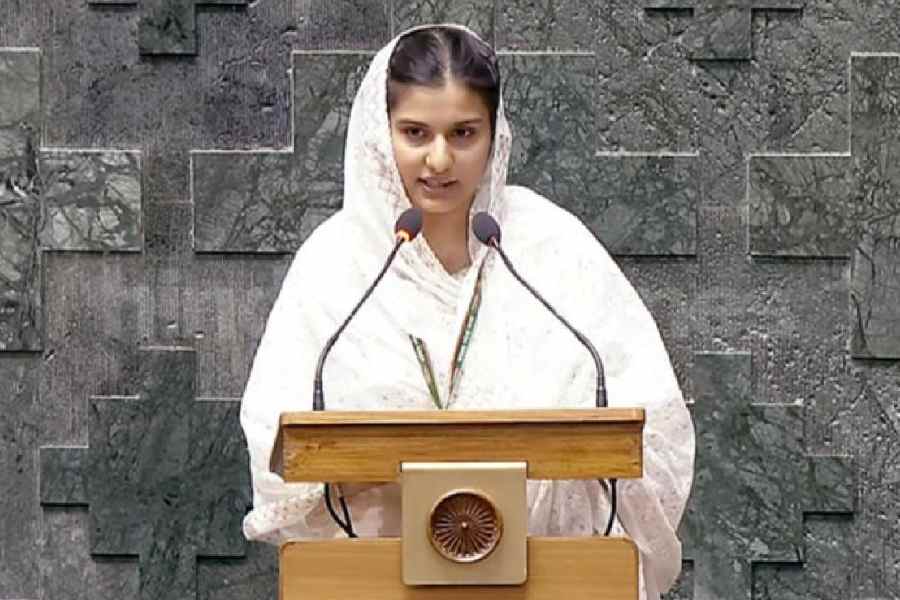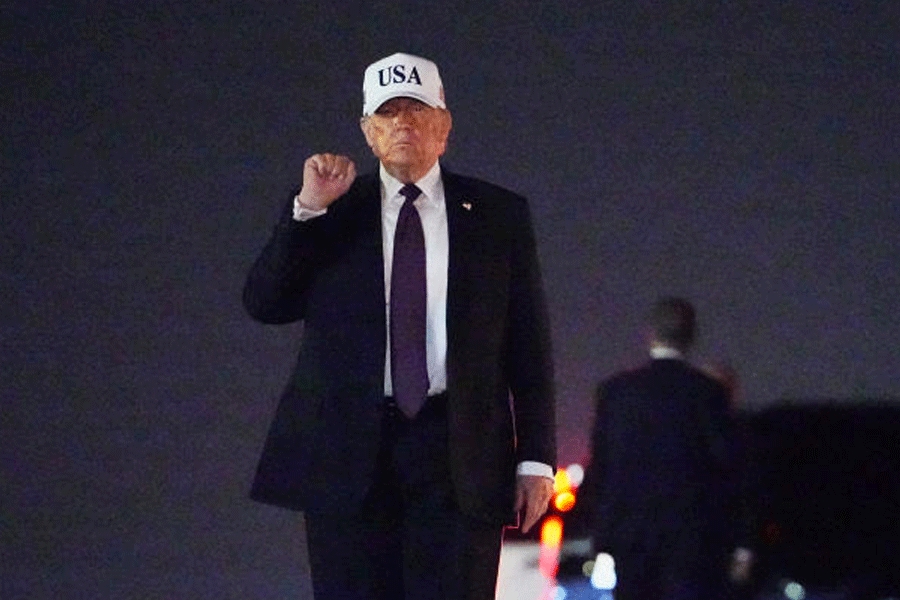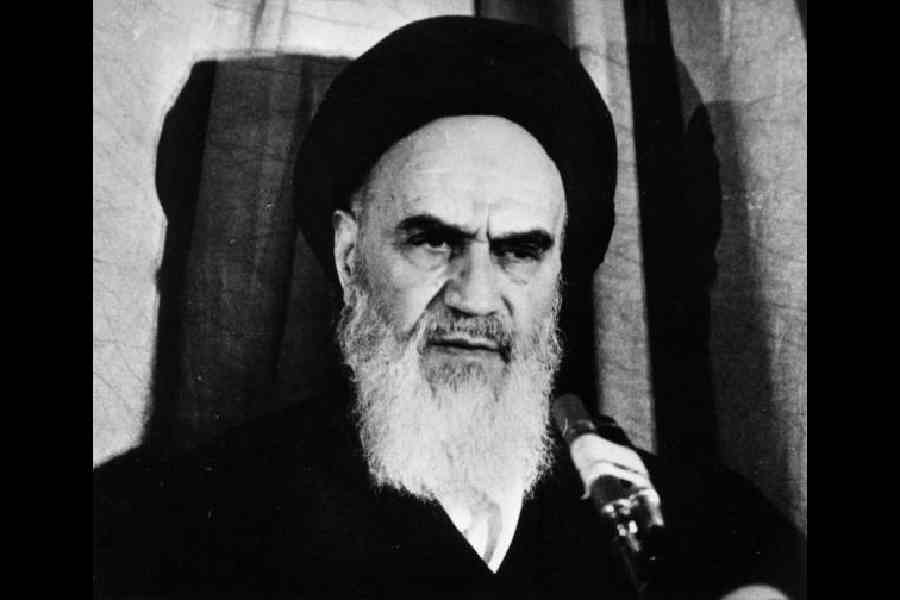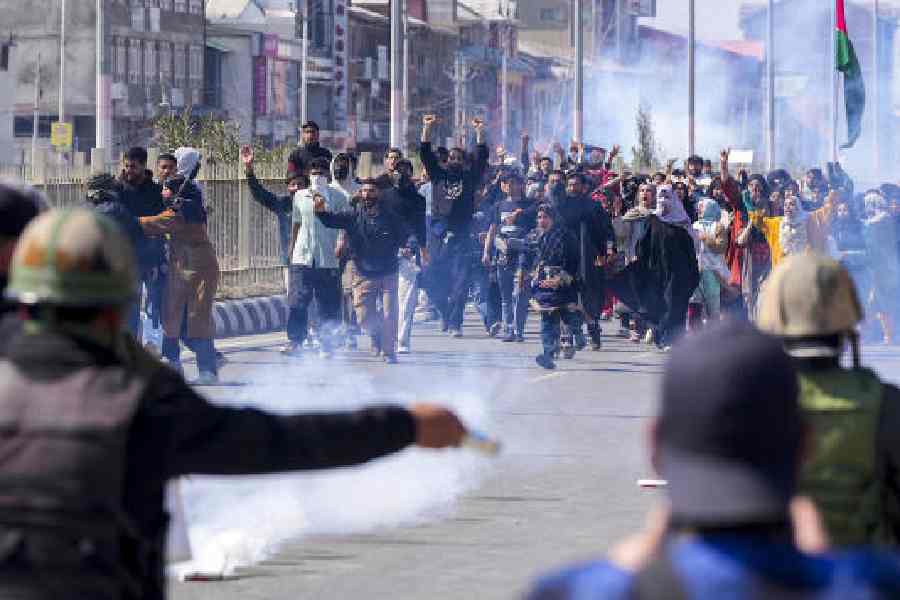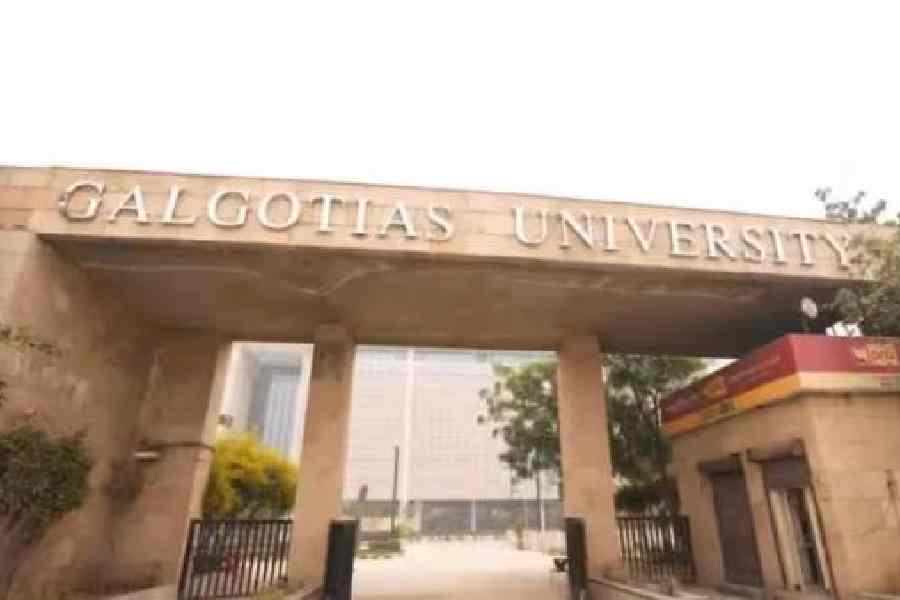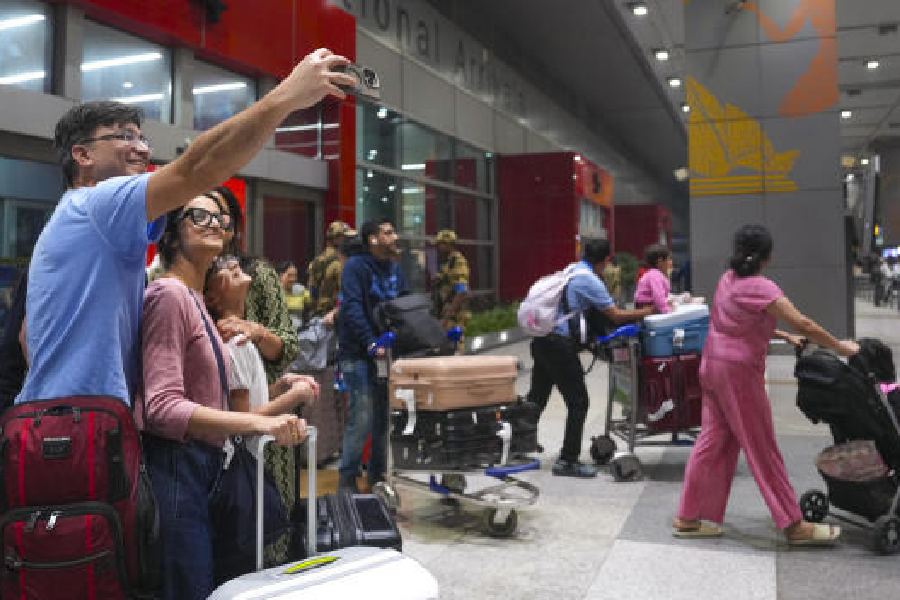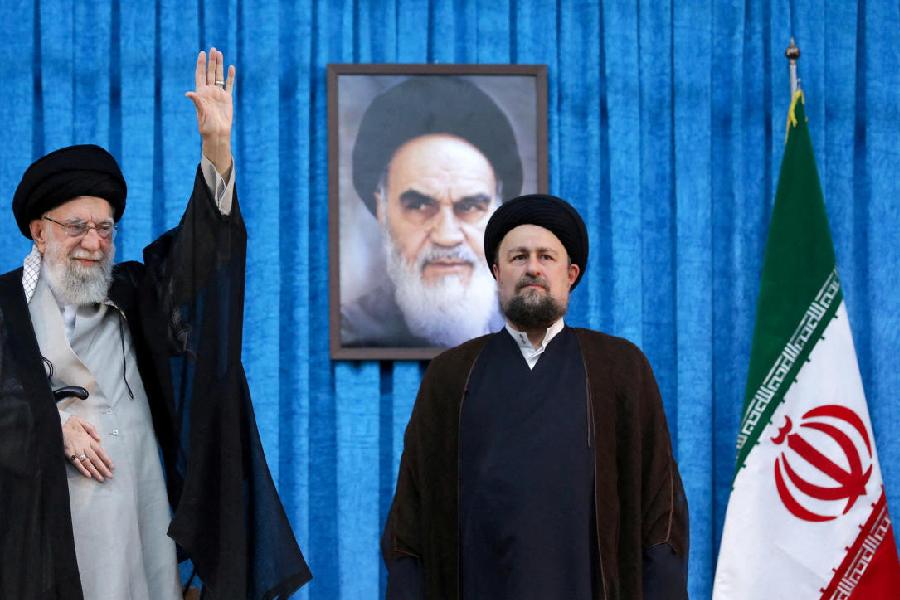Two fresh applications were filed in the Supreme Court on Friday opposing Hindu groups’ plea to quash a 1991 law that bars the conversion of any religious site into that of another religion, three days before the first substantive hearing of the case.
The apex court is slated to hear on Monday a batch of petitions, cross-petitions and applications opposing or defending the Places of Worship Act, 1991, seen by its supporters as a cornerstone of Indian secularism.
Samajwadi Party MP Iqra Choudhary and the CPIML Liberation moved the latest applications. Choudhary’s counsel, Kapil Sibal, was told by the bench of Chief Justice Sanjiv Khanna and Justice Sanjay Kumar that the matter was being tagged with the other petitions, to be heard on Monday.
According to Choudhary, the five-judge constitution bench that in 2019 handed over to Hindus the Ayodhya site where the Babri Masjid stood had already upheld the 1991 Act. (The Act, which forbids the conversion of a place of worship of one religion into that of another, makes an exception for the Ram Janmabhoomi-Babri site.)
On Thursday, the apex court had listed for hearing on Monday a petition moved by the All India Majlis-e-Ittehadul Muslimeen president, Asaduddin Owaisi, opposing any move to quash the 1991 Act.
Section 3 of the Act bars the conversion of a place of worship of any religious denomination, or a section of it, into a place of worship of a different religious denomination or of a different segment of the same religious denomination.
Section 4 mandates the preservation of the religious character of a place of worship as it existed on August 15, 1947.
Some Hindu petitioners have challenged the Act’s constitutionality, arguing that by restricting Hindus’ right to reclaim places of worship that had been forcibly converted to those of another religion, it validates religious vandalism by invaders.
The challenge to the Act has coincided with Hindu groups flooding the lower courts — particularly in Uttar Pradesh — with petitions demanding the handover of the sites of over a dozen mosques and dargahs, claiming they were built after destroying temples.
On December 12, the apex court had barred all courts in the county from passing any interim or final orders on such disputes. It also barred the registration of fresh suits relating to disputed places of worship.
Among the petitioners and applicants defending the 1991 Act are the Congress, Jamiat Ulama-i-Hind, Indian Union Muslim League, the management committee of the Shahi Masjid Eidgah, and several civil rights activists.
The defenders of the Act say that quashing it would cause immense harm to the principles and practice of secularism and religious harmony in India.

